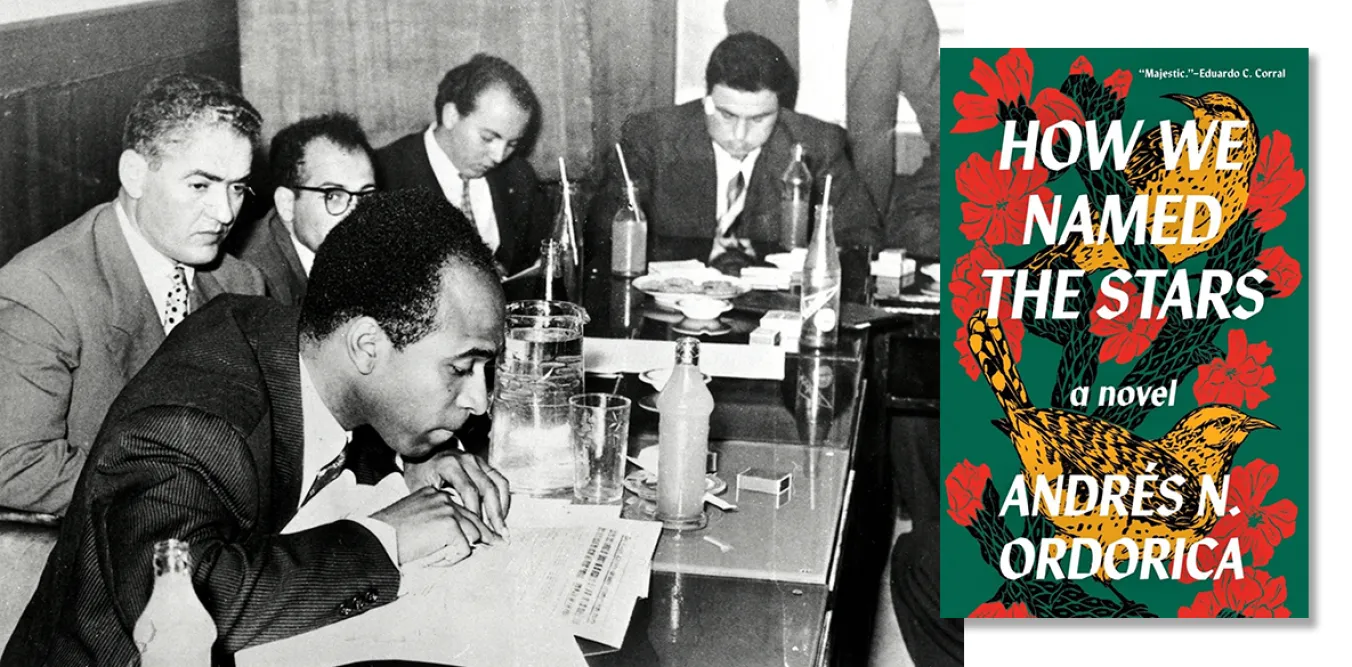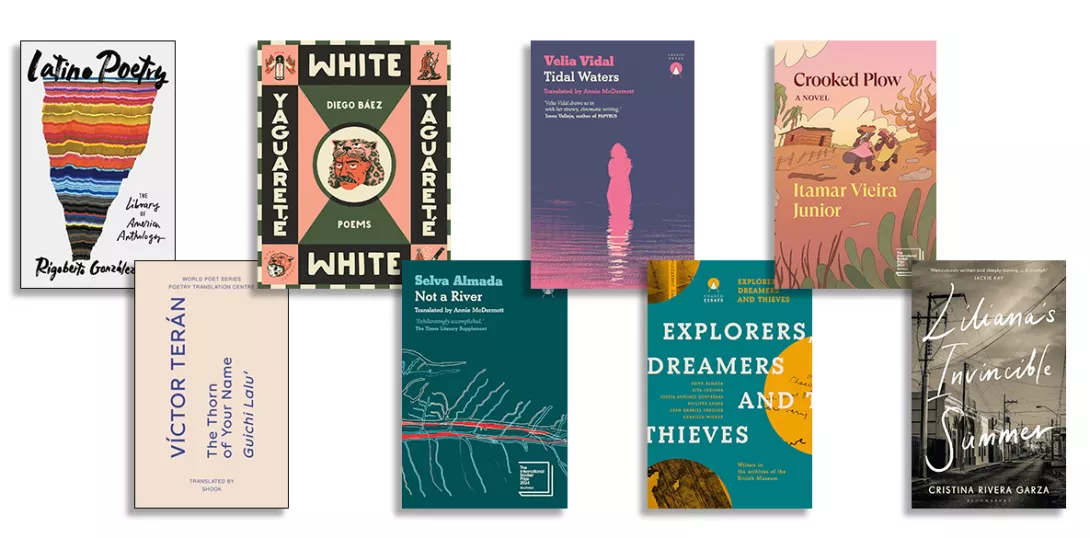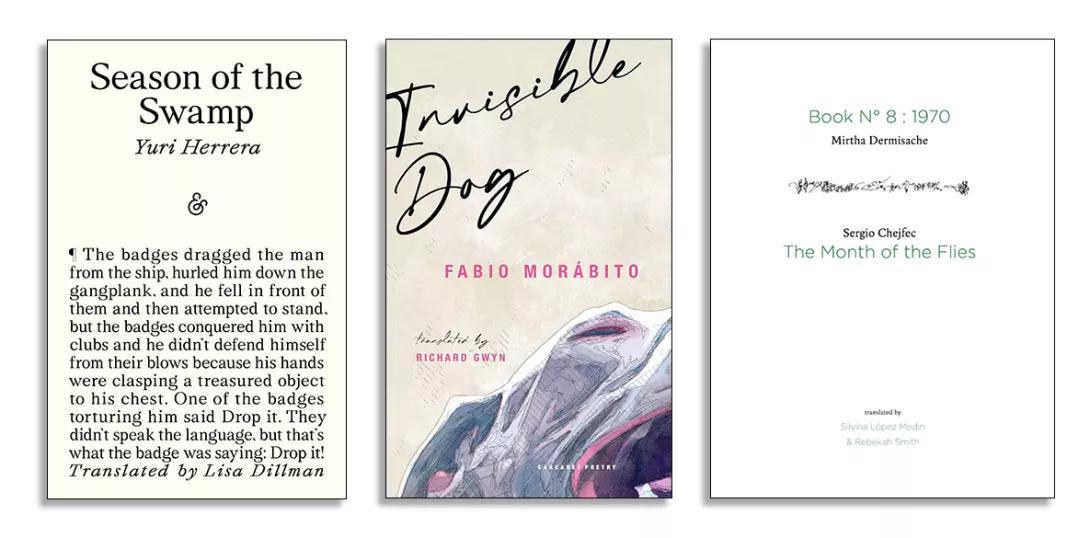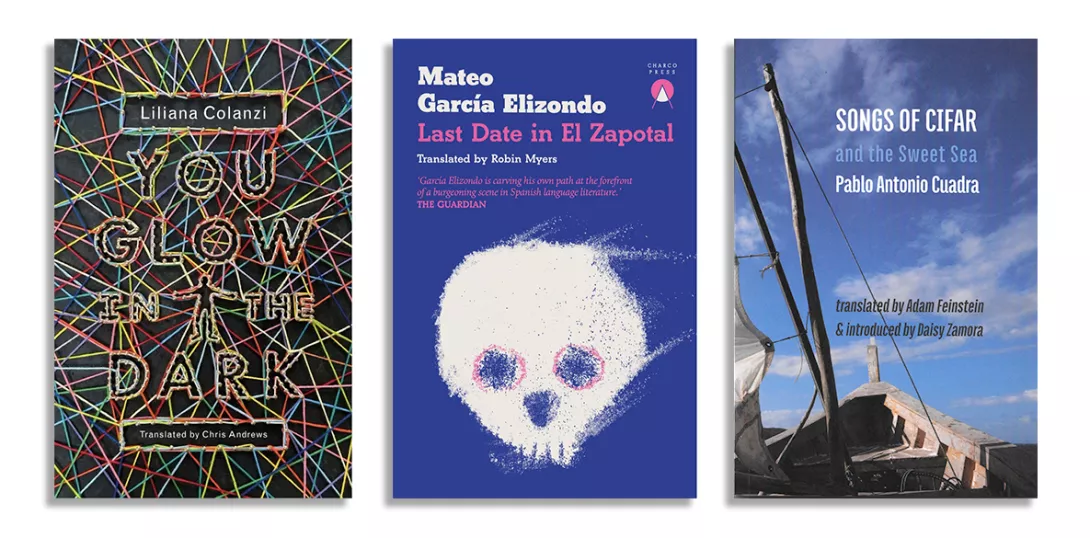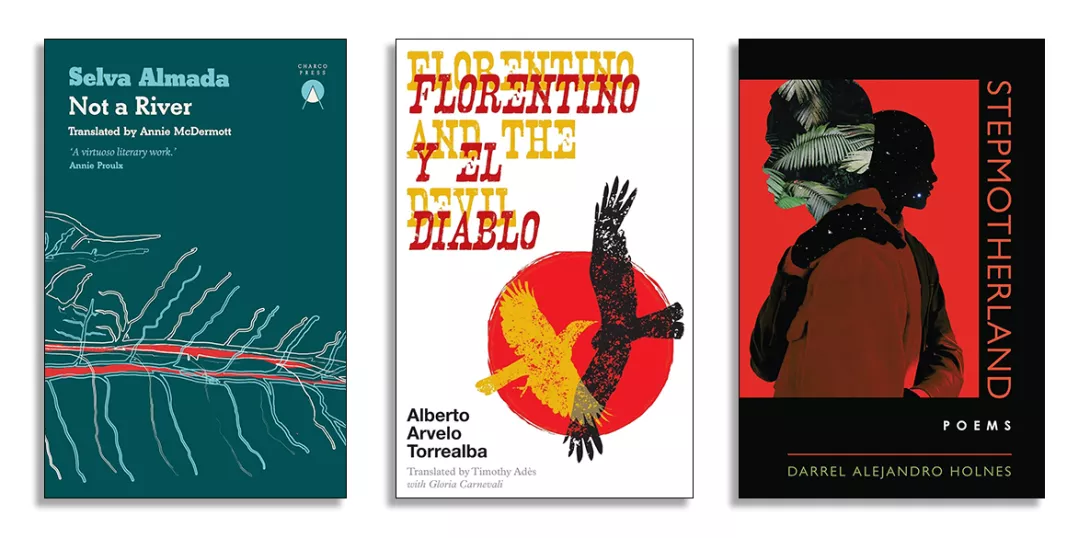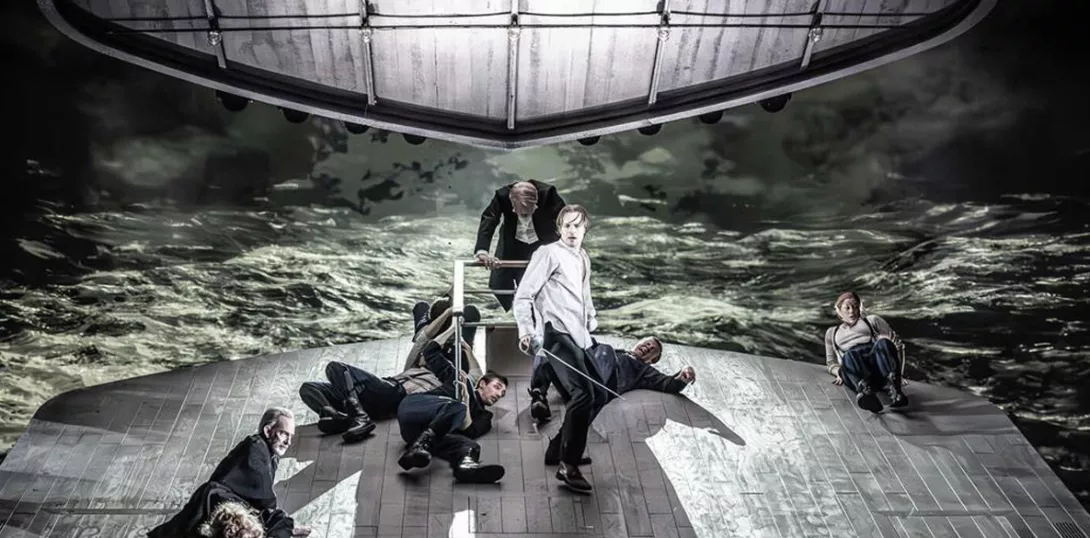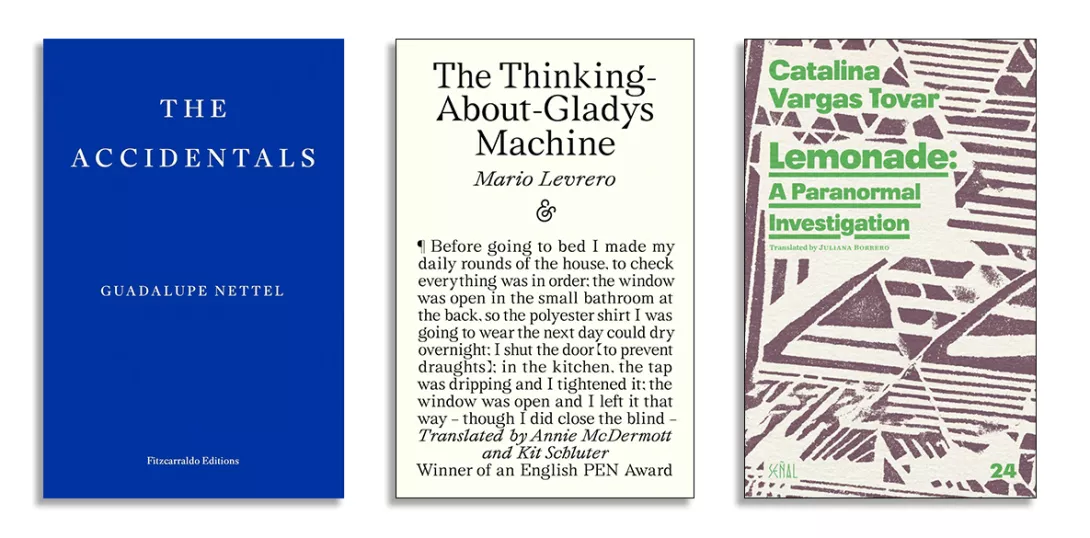
EACH of the eight short stories in The Accidentals (Fitzcarraldo, £12.99), by Mexican writer Guadalupe Nettle and translated by Rosalind Harvey, is a perfectly constructed tale of extraordinary force and luminous intelligence, in which family relationships and the strange in everyday life coexist.
An uncle, having drifted away from his family and passing away in a hospital, unexpectedly receives a visit from his niece; a wildfire ignited by an ordinary family on a short break reveals underlying tensions; a surreal brothel marked by a pink door where time shifts abruptly; and a suburban garden featuring a struggling monkey puzzle tree that troubles a family, are some of the tales found in this captivating collection.
Among my favourite stories in this book is the one that gives the book its title. This precise narrative weaves the story of migrant children from Mexico, their dreams, aspirations and anguish, shedding light on diasporic experiences at a time when many Latin American countries suffered bloody dictatorships.
